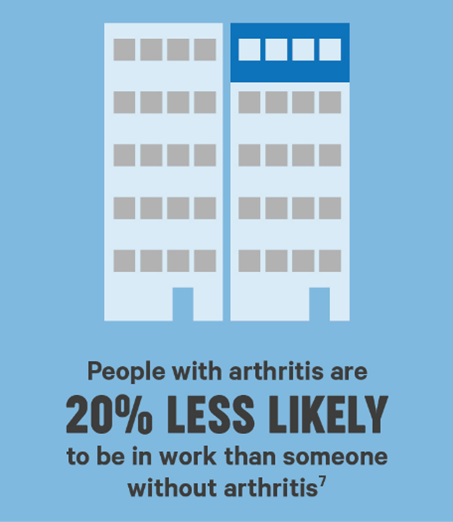 Designed to help people with arthritis address work-related barriers and self-manage their condition in work
Designed to help people with arthritis address work-related barriers and self-manage their condition in work
Versus Arthritis is aware that working with arthritis can be challenging, with a disability employment gap of 20% for those living with arthritis compared to those without arthritis.
Versus Arthritis surveys and research in partnership with CMHW offered an insight into what could make a difference to work outcomes for people living with the condition.
As a result of these findings, the information on the work area of the Versus Arthritis website has been updated.…
Read more of this article

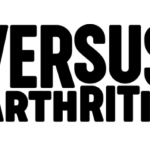


 Psychosocial risks and work-related musculoskeletal disorders: exploring the links and prevention strategies
Psychosocial risks and work-related musculoskeletal disorders: exploring the links and prevention strategies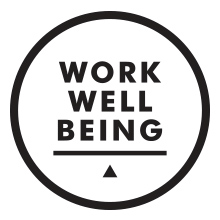

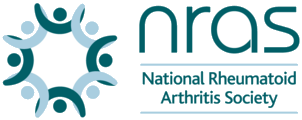 In July and August 2020, NRAS ran a survey asking about the impact of the Covid-19 lockdown on the working lives of people living with rheumatoid arthritis or another form of inflammatory arthritis.
In July and August 2020, NRAS ran a survey asking about the impact of the Covid-19 lockdown on the working lives of people living with rheumatoid arthritis or another form of inflammatory arthritis. Workplace health: long-term sickness absence and capability to work
Workplace health: long-term sickness absence and capability to work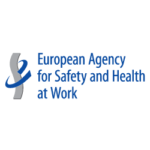
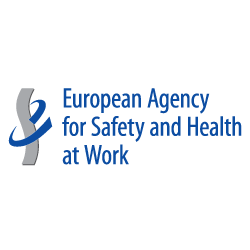 A new resource on MSDs for workplaces – ‘Conversation Starters for workplace discussions on musculoskeletal disorders’ – is now available online from the European Agency for Safety and Health at Work (EU-OSHA).
A new resource on MSDs for workplaces – ‘Conversation Starters for workplace discussions on musculoskeletal disorders’ – is now available online from the European Agency for Safety and Health at Work (EU-OSHA).

